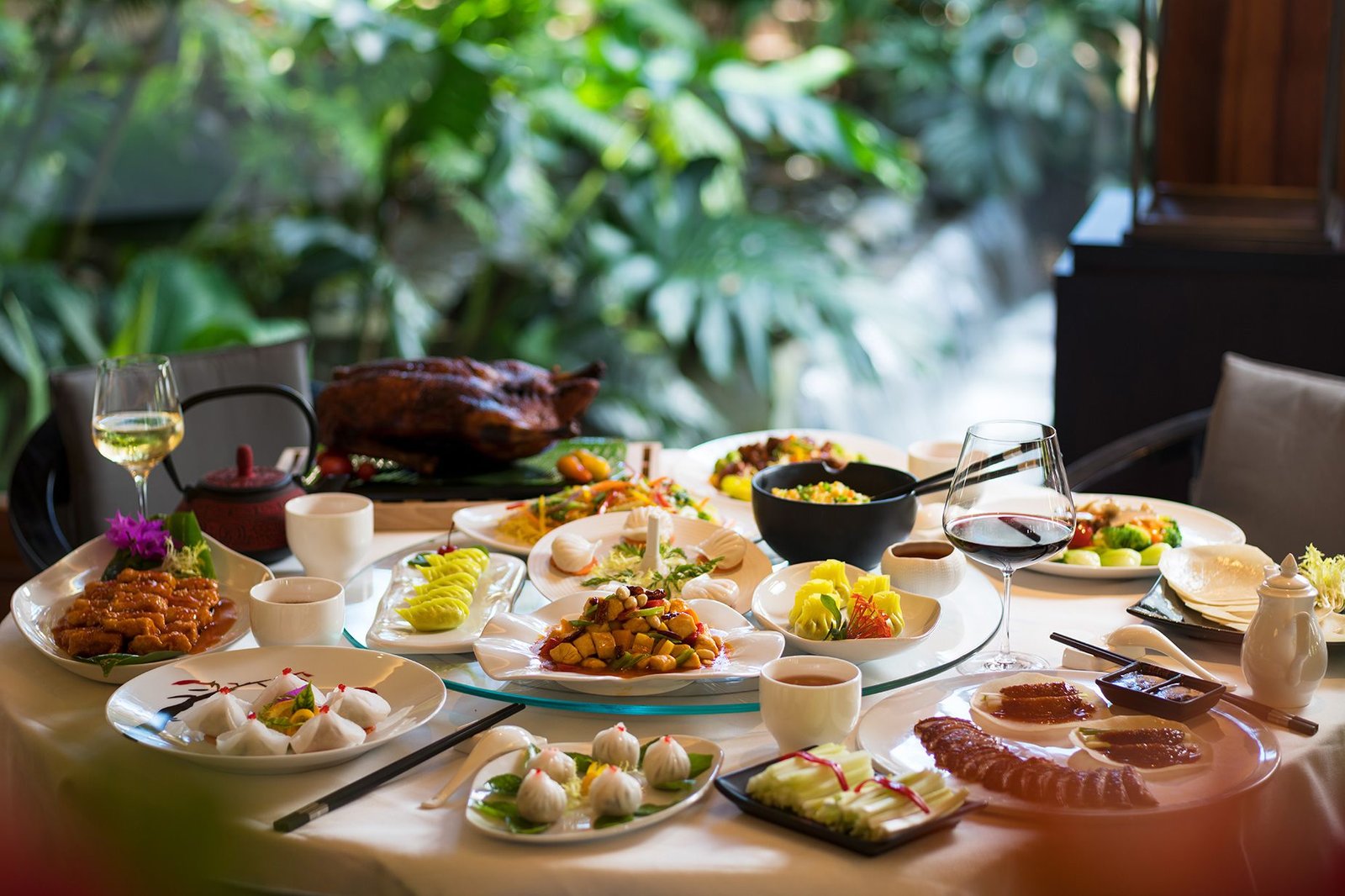The Origins and Evolution of Chinese Fusion Cuisine in French Polynesia
Chinese fusion cuisine in French Polynesia traces its origins back to the late 19th and early 20th centuries, when Chinese immigrants began to settle in the islands. These early settlers brought with them a rich culinary heritage that would soon intertwine with the local Polynesian food culture. As these communities grew, so too did their influence on the local palate, leading to a unique gastronomic fusion that stands out in the region today.
The initial wave of Chinese immigrants primarily hailed from the Guangdong province, known for its Cantonese cuisine. They introduced a variety of ingredients, cooking techniques, and dishes that were previously unfamiliar to the Polynesian islands. Staples such as soy sauce, ginger, and garlic began to find their place alongside traditional Polynesian ingredients like taro, coconut, and fresh seafood. This blend of flavors and methods resulted in a harmonious fusion that retained the essence of both culinary traditions.
One of the most iconic dishes to emerge from this cultural amalgamation is the “poisson cru à la chinoise,” a variation of the traditional Polynesian raw fish salad. This dish incorporates Chinese elements like soy sauce and ginger, creating a refreshing yet flavorful experience that embodies the essence of Chinese-Polynesian fusion. Another notable example is “chow mein with uru,” where the classic Chinese noodle dish is enhanced with breadfruit, a staple in Polynesian cuisine.
Over the years, local chefs have continued to innovate and adapt these fusion recipes, adding their personal touches while respecting the culinary traditions. The result is a vibrant and dynamic food scene that reflects the multicultural fabric of French Polynesia. Modern interpretations of Chinese fusion cuisine often include contemporary techniques and global influences, yet they remain deeply rooted in the historical and cultural context of the islands.
Today, Chinese fusion cuisine in French Polynesia is celebrated not only for its unique flavors but also for its representation of the islands’ rich cultural tapestry. This culinary evolution serves as a testament to the enduring legacy of the Chinese community and their significant contribution to the local food culture.
Embracing the Entrepreneurial Spirit: The Rise of Chinese Fusion Cuisine Entrepreneurs
The entrepreneurial spirit has been a driving force behind the burgeoning scene of Chinese fusion cuisine in French Polynesia. Local entrepreneurs have harnessed their passion for food and culture to create innovative dining experiences that blend traditional Chinese flavors with the rich culinary heritage of French Polynesia. These visionary individuals have not only established successful restaurants and food businesses but have also played a pivotal role in shaping the gastronomic landscape of the region.
One of the key challenges faced by these entrepreneurs is striking the delicate balance between preserving authentic Chinese flavors and catering to the evolving tastes of modern diners. By leveraging their deep-rooted knowledge of traditional Chinese cooking techniques and ingredients, they have crafted unique menus that resonate with both locals and tourists. This fusion cuisine offers a tantalizing mix of flavors, textures, and aromas that are both familiar and novel, appealing to a wide array of palates.
Innovation and marketing have been crucial elements in the success of Chinese fusion cuisine ventures. Entrepreneurs have embraced creative approaches to menu development, often incorporating locally sourced ingredients and seasonal produce to add a fresh twist to classic Chinese dishes. Additionally, effective marketing strategies, such as social media campaigns and collaborations with local influencers, have helped these businesses reach a broader audience and build a loyal customer base.
Community support has also been instrumental in the growth of Chinese fusion cuisine in French Polynesia. Entrepreneurs have fostered strong relationships with local suppliers, artisans, and fellow business owners, creating a network of mutual support and collaboration. This sense of community has not only contributed to the sustainability of their ventures but has also enriched the local economy and promoted cultural tourism.
Moreover, the success of these culinary entrepreneurs has highlighted the importance of cultural exchange and diversity in the culinary world. By celebrating the fusion of Chinese and Polynesian flavors, these businesses have created a unique gastronomic identity that attracts food enthusiasts from around the globe. Their contributions have cemented Chinese fusion cuisine as an integral part of French Polynesia’s vibrant food culture, showcasing the region’s dynamic and evolving culinary traditions.

































